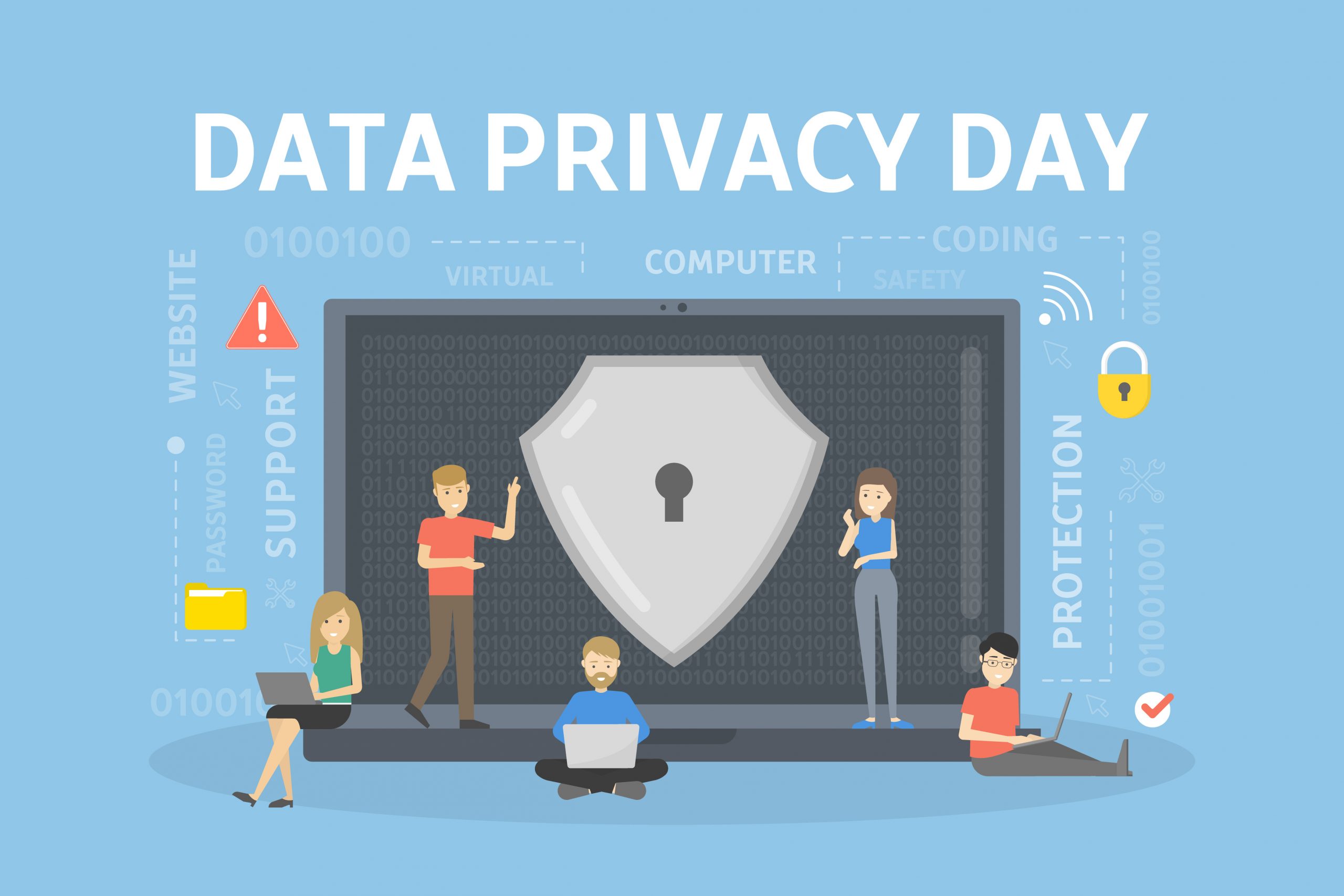Do you know what tomorrow is? It’s January 28th, otherwise known as Global Community Engagement Day, International Lego Day, and National Blueberry Pancake Day. It’s also National Kazoo Day, Rubber Ducky Day, and Thank a Plugin Developer Day for those of you who love WordPress.
Oh, it’s also Data Privacy Day, the day when the National Cyber Security Alliance (NCSA) reminds us of the importance of data privacy. This year’s initiative has two key themes: Own Your Privacy and Respect Privacy. Own Your Privacy is a call-to-action for consumers to own and control their data, while Respect Privacy is meant to remind businesses “about the importance of respecting consumers’ privacy and keeping their personal information safe.“

In our fast-paced and all-things-digital world, where convenience can easily trump security, it’s easy to forget that as individuals, we have the ability and responsibility to safeguard our data. In most instances, we can decide to download and install an app, give an app permission to use a device’s features or access our data, and then configure the app’s settings to broadcast the details of our lives via public profiles or only share them with the select few we designate.
The actions that we take as consumers, however, only go so far. When we provide businesses with our data, we trust they will use the data as they have stated in their privacy statements and in accordance with privacy laws and regulations. That’s one of the reasons why Data Privacy Day is important. It serves as a day when the NCSA can draw attention to the fact that “accountability, transparency, and a commitment to fair and legitimate data collection practices will ultimately lead to enhanced public trust and better brand reputation.”
We’re not talking about a small amount of data, either. According to techjury.com, the amount of data created by each person each second in 2020 was 1.7 MB of data. By 2025, it’s expected 463 exabytes of data will be generated by humans each day. Currently, 95 million photos and videos are shared every day on Instagram. Well, at least that was the figure as of a few days ago.
What can consumers and businesses do?
To Own Your Privacy, NCSA suggests consumers:
- Value and protect their data
- Keep tabs on their apps
- Manage their privacy settings

That’s the quick list. What it means is that consumers need to treat their data like it’s currency and weigh if giving access to the data is worth whatever the business is offering in return. In other words, that free app really isn’t free if the company is collecting email addresses, location data, and mining contacts. The only way to make an informed decision is to take the time to read the fine print and check the permissions for every app before creating a new account or linking the app to another account or clicking an “I agree” button.
Consumer due diligence does not end there. Periodically, one should review the apps that are installed and remove the ones that are no longer in use. Consumers should also configure privacy settings to match their comfort levels or to address any obligations, such as work-related policies.
To Respect Privacy, NCSA suggests businesses:
- Protect the data they collect
- Assess their data collection practices
- Consider adopting a privacy framework (NIST Privacy Framework, AICPA Privacy Management Framework, ISO/IEC 27701)
- Be transparent
- Don’t forget about partners and vendors
Want to do more tomorrow to promote data privacy awareness or best practices? Join the virtual event – Data Privacy Day 2021: Data Privacy in an Era of Global Change – that NCSA has planned in partnership with LinkedIn or take part in one of the other events found here.


